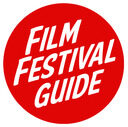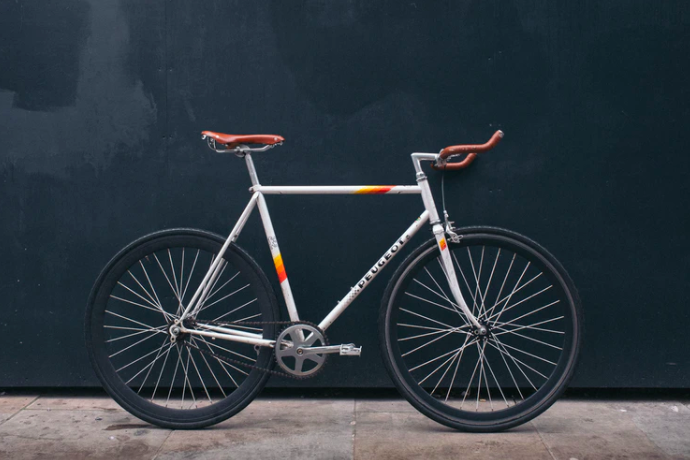Beautifully shot from the front of a bike, the audience becomes a part of the adventure in Spoke which explores the camaraderie, exhilaration and dangers of being a cyclist in America and will screen in the Melbourne Documentary Film Festival. Em Baker (director of Spoke), one of three cyclists who rode across America (San Francisco to Orlando) to advocate for and empower cyclists gave us insight into their journey.
What inspired you to tell this story and the story of the victims killed in bicycle accidents?
It came about in two parts. I was curious about crossing America on a bicycle, but I didn’t know anyone who’d done anything like that. As I started looking into it more seriously, people expressed concern that I might get hurt. So I looked up the statistics, and was surprised to find that the U.S is a notoriously dangerous place to cycle. That became the focus of the film.
How did you prepare for the trip mentally and physically?
We didn’t! We left on a wing and a prayer and hoped it would work out!
What cameras did you use to film?
We had two Sony HD handycams and 2 Go-Pros that we carried with us. A friend in San Diego also shot a little on her Canon 5D.
After being on the road what changes would you like see made to US law and riding conditions to make it safer for cyclists?
A lot of things. From a policing perspective, American roads in general are largely unmonitored, so issues like drink driving and street racing run rampant. Harsher sentencing for drivers who hit cyclists, particularly if they’re breaking the law when they do so, would send a message to the community that cyclists are valued. But I think that better infrastructure would go a long way to counter the problem. Roads, paths and amenities (like bicycle traffic lights or tyre-pump stations) go a really long way to change the culture and perception that a city has towards cycling.
What was it like filming from your bike? What challenges did you encounter?
We sometimes struggled to balance shooting footage with cycling long distances. I mean, often you see something really awesome or beautiful, but it’s very late and you’ve been riding all day and you just want to get in before dark, so you don’t shoot it. I think artistry vs pragmatism is an issue a lot of documentary filmmakers face. Also, we were carrying all our equipment with us: no SAG wagon! So besides the weight, we were also data-wrangling in tents, and sending footage back to someone in San Francisco on rugged drives. I was worried we might have an accident or get robbed and lose all our footage.
How long did the trip take you and how did you keep motivated to keep going?
The trip took just over 100 days. Incredibly, we arrived in Orlando on New Years Day of 2013, which was also the five year anniversary of the death of Luis Ortega. That was pure chance. The way I kept going was by just thinking about where I had to be that night. At the beginning of the trip especially, I couldn’t think about the entire distance or I’d get a little panicky. We’d gotten a lot of support through crowd-funding, and when I thought about that huge distance I was worried we were going to let people down. I couldn’t really conceive of myself actually making that distance.
Can you tell me more about the cycling community that you experienced on your journey and do you have any favourite memories of the cycling community spirit and generosity?
The take-away from our entire trip was that people are really, really kind. We connected with a couple of different bicycle collectives (Los Angelopes, Bike Baton Rouge) who treated us so well, and whose excitement about bicycles was really contagious. But often times strangers would approach us and ask what we needed. The barista at Starbucks who let us sleep in her garage, the Catholic Priest who let us sleep in his church, the strangers on the highway who pulled up next to us to give us food and then, as we found out later, paid for our hotel room in town, spring to mind as examples of just some of the generous people we encountered.
How did the experience affect you after the trip?
Honestly, I felt invincible. I am by no means an athlete, and I didn’t have any formal filmmaking training. I was a total underdog and no one was more surprised than me that we made it. I really felt that I could do anything as long as I did it in little pieces, and that’s how the film got edited and completed. Also, I have a genuine love for my bike-mates, Nick, Lauren and Alex, and for all the people who supported us and connected with us on our journey. It was a magical time and I’m so grateful to everyone who helped us along.
What are you working on now Em?
I am working on another documentary! We were shooting in India earlier in the year, and are headed to Mexico in a few months. I always like to be making something. I also work full-time as a teacher, which I love. I’m pretty lucky right now!
Spoke will screen at the Melbourne Documentary Film Festival in July.

